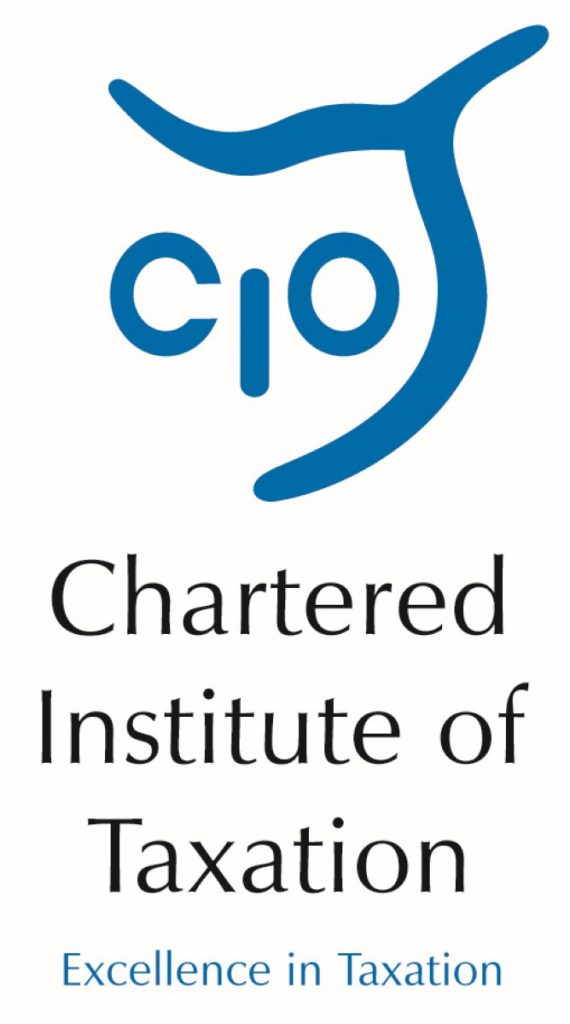A lack of clarity around the structure and benefits of the Scottish Government’s replacement for Air Passenger Duty (APD) risks inadequate parliamentary scrutiny, according to the body representing Scotland’s tax professionals.
The Chartered Institute of Taxation (CIOT) also said that the rationale for the proposals contained in the Air Departure Tax (ADT) Bill could be strengthened with the publication of an independent analysis of the impact of reducing and eliminating the tax, which generated £275million of revenue in Scotland in 2015/162.
Despite a long-stated policy commitment to reduce the burden of APD/ADT by 50% from April next year ahead of its ultimate abolition when resources allow, the Institute voiced concerns that neither the Bill nor the accompanying fiscal forecasts give any detail as to how this would be achieved. This, the body argued, could weaken scrutiny if considered once the Bill was passed.
While the organisation welcomed moves by the Scottish Government to address concerns previously raised by CIOT over the possible double taxation of connected flights, it recommended further steps that could be taken to improve understanding and transparency of the Bill.
The CIOT has called on the Scottish Government to:
• Amend the bill to include its proposed rates, bands and exemptions for ADT, together with an identified timetable for implementing the proposed reduction and abolition of the tax
• Publish an independent assessment outlining the economic, social and environmental benefits of reducing and abolishing ADT in order to show how the tax will support its stated objectives of boosting air connectivity and sustainable economic growth
• Ensure that agreement is reached between the Scottish and UK governments on the status of connected flights to minimise the possibility of double taxation
Commenting on the submission, Moira Kelly, chair of the CIOT Scotland Technical Committee said:
“Of all of the tax powers being devolved to the Scottish Parliament, the proposed replacement of APD has been the one that has generated the most interest and debate, despite accounting for a relatively small share of the country’s overall tax receipts.
“We think it is important for the Scottish Government to publish as much detail as possible while the bill is being considered in parliament in order to allow for robust and effective scrutiny and greater clarity around what these reforms can deliver.
“In particular, we think that there is a case to be made for using this legislation to outline who will pay what, when they will pay it and who will be exempt – as is the case in UK legislation. In the absence of information such as this, it is very difficult to say with any degree of certainty what benefits – if any – this change will make.
“We also believe that the Scottish Government’s case for reform can be boosted with the addition of independent, authoritative research into the social, economic and environmental benefits of ADT.
“Until now, the case for reform has been driven largely by those industries most likely to benefit directly from these reforms. Publishing an independent review to complement studies already undertaken by the aviation industry will add further transparency to the process.
“Our members have played an active role through the government’s APD Stakeholder Forum and we look forward to working with them further as this Bill is scrutinised.”
The CIOT was responding to a call for evidence on the Air Departure Tax (Scotland) Bill issued by the Scottish Parliament’s Finance and Constitution Committee.
ENDS
Notes for editors
1. According to the estimates contained in Government Expenditure & Revenue Scotland (GERS), Scotland’s share of UK APD was £270 million in 2013/14, £290 million in 2014/15 and £275 million in 2015/16. See http://www.gov.scot/Resource/0050/00504649.pdf
2. A copy of the CIOT’s submission to the Finance and Constitution Committee can be read here.
3. The Chartered Institute of Taxation (CIOT)
The CIOT is the leading professional body in the United Kingdom concerned solely with taxation. The CIOT is an educational charity, promoting education and study of the administration and practice of taxation. One of our key aims is to work for a better, more efficient, tax system for all affected by it – taxpayers, their advisers and the authorities. The CIOT’s work covers all aspects of taxation, including direct and indirect taxes and duties. Through our Low Incomes Tax Reform Group (LITRG), the CIOT has a particular focus on improving the tax system, including tax credits and benefits, for the unrepresented taxpayer.
The CIOT draws on our members’ experience in private practice, commerce and industry, government and academia to improve tax administration and propose and explain how tax policy objectives can most effectively be achieved. We also link to, and draw on, similar leading professional tax bodies in other countries. The CIOT’s comments and recommendations on tax issues are made in line with our charitable objectives: we are politically neutral in our work.
The CIOT’s 18,000 members have the practising title of ‘Chartered Tax Adviser’ and the designatory letters ‘CTA’, to represent the leading tax qualification.





-01.png)